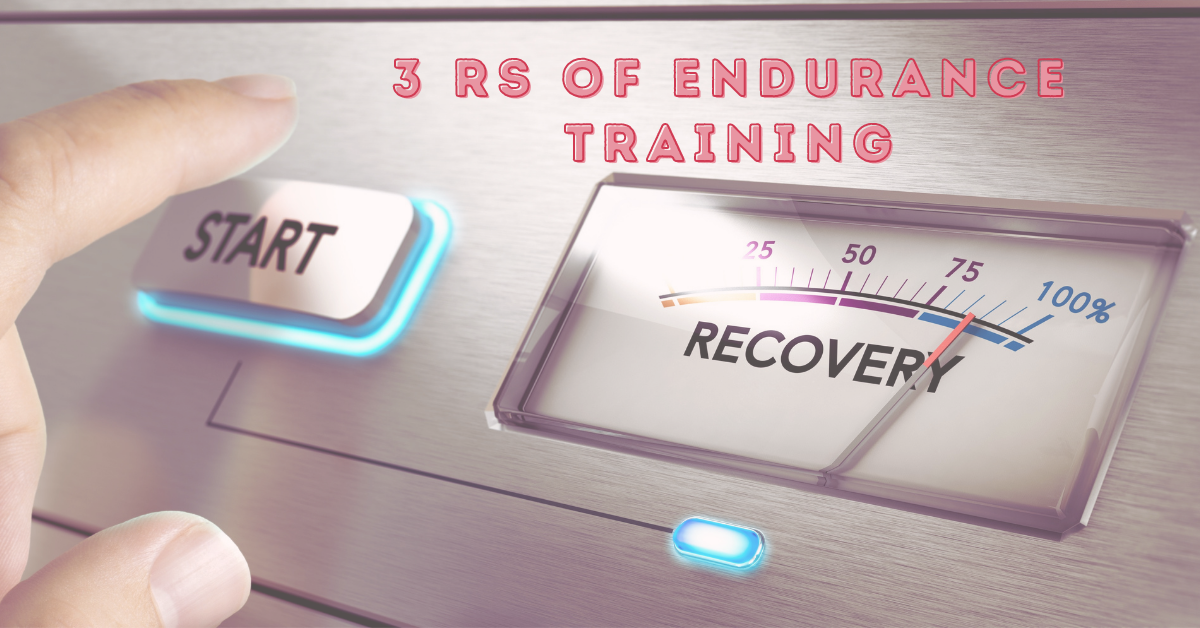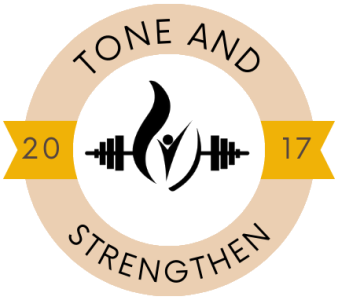
3 Rs of Endurance Training
Recovery was the one word that I always thought was unnecessary in the athletic dictionary. Yes! My slogan was to work out as hard as possible for many years. To me, “workout” meant working and no rest. I would brush off my friend’s and colleagues’ advice about recovery. The no pain no gain motto was ingrained in me.
This past year has been an eye opener for me when it comes to recovery. I started scheduling a full day off in my week. My workouts have been more effective, and I feel better on the days I work out. I have realized that rest and recovery are vital for optimal performance, injury prevention, and progress in your fitness goals.
I am a fitness trainer and coach; my work requires teaching and training daily. I love what I do, but it’s physically demanding work. When I was training for Marathons this year, I started adding miles but kept the same workload. I have high-stress levels with the responsibilities of virtual fitness business expansion, including teaching many fitness classes. On top of that, I added the extreme amount of physical stress with twice-daily workouts. I love running too and participating in races, but my physical stress balance was totally off. Believe it or not, mental stress and physical stress both, must be accounted for while training.
Why Recover?
According to research, exercising too much without resting enough in between can lead to low testosterone levels and high cortisol levels, the stress hormone. These hormonal changes can cause loss of muscle tissue, weight gain, and excess belly fat.
If you don’t let your muscles recover between workouts and give them at least a day off, you put yourself at risk of overtraining and getting injured. Repeated stress from exercise causes small tears that can strain muscles. Plus, the cumulative workout time and intensity can increase the cortisol level in your blood and lead to hormonal issues, muscle imbalances, and injuries.
Like me, many athletes understand the importance of training but don’t understand that rest and recovery are a part of training. Rest allows the body time to repair and strengthen itself in between workouts. Recovery is where your body adapts to that stress of exercise.
This year I learned that if I pushed hard a few days a week and added enough recovery days to bounce back, I could be a better athlete and a better coach. It turns out I love rest days now.
Three R’s of Fitness Training
Here are the three Rs of training that should be part of any balanced training program.
Relief- It’s normal to feel tired after exercise; however, feeling fatigued and constantly being tired and sore isn’t normal. It happens when your body repeatedly doesn’t fully recover after the workout. You can feel excessively drained all day. Make sure you just put your feet up on your rest days and keep it to light activities like taking your dog for a walk. Your body needs relief from constant physical stress.
Rest- Let’s talk about the zzzzs. Sleeping is vital for recovery. Make it a priority. To overcome the physical and mental demands of hard training days log-in at least eight hours of sleep. It is also one of the easiest ways to repair muscle damage. Our body’s reaction to lack of sleep includes a slower metabolism, higher heart rate, mood fluctuations, a weakened immune system, and less control over what we eat.
Recovery- In the exercise physiology text, recovery includes physiological functions returning to homeostasis, refueling energy stores, and refilling cellular energy enzymes.
Food is a major component of recovery. Eat a well-balanced meal with good protein and carbohydrates sources on your rest days. Protein is especially important to rebuild your muscles.
Another way to restore balance to your body is by massage. Massage from a therapist or self-massage with foam rollers is an excellent way to break adhesions and get the blood and oxygen flow back to muscles.
Try taking the time to make rest and recovery a priority in your training regimen. Your body and mind will thank you, and your training will benefit from it.

This Post Has 0 Comments